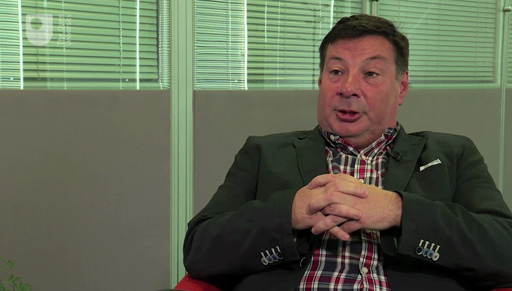2.1.3 Improving public value in policing
In this video, Ian Hesketh of the College of Policing, Supt Robyn Williams of the Metropolitan Police and Stephen Greenhalgh, former Deputy Mayor of London, discuss the use of public value to inform improvement and change in policing.

Transcript
Activity 1
a.
best value
b.
political value
c.
ecological value
The correct answer is a.
a.
Political value is a source of public value derived from stimulating and supporting democratic participation and dialogue. Ecological value is also a source of public value derived from contributing to environmental sustainability. ‘Best value’ is not a source of public value. It is a phrase that is sometimes still used by staff in public sector organisations, which refers to a strategy for financial efficiency adopted during the late 1990s.
a.
false
b.
true
The correct answer is a.
a.
The private sector and the third sector can also create and add public value. However, one of the key roles of the state and its agencies can be to harness the work of other partners behind clear public value goals and outcomes.
a.
USA
b.
UK
c.
Norway
The correct answer is a.
a.
The concept was first developed by Moore at Harvard University. As he explained in the short video you watched earlier, he developed it during the late 1980s to early 1990s, as a way of articulating the distinctive contribution of public service organisations, and countering some of the political pressures that were being placed at the time on state agencies to shrink their activities.
